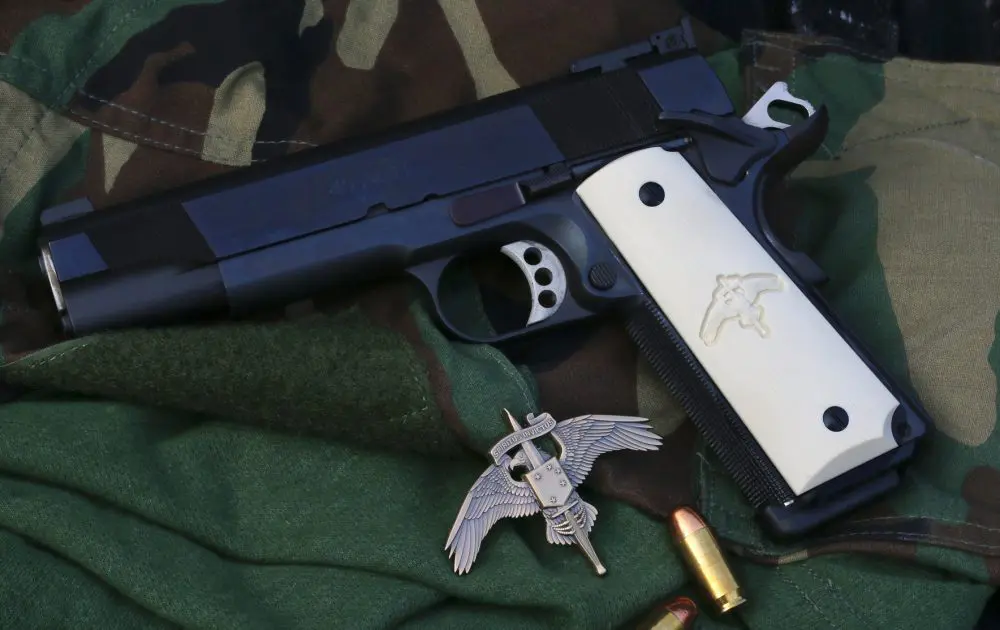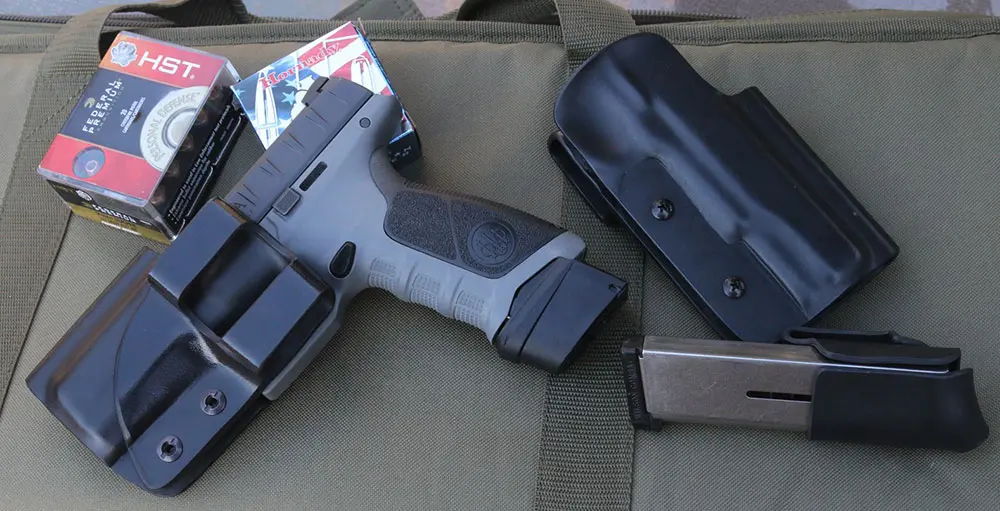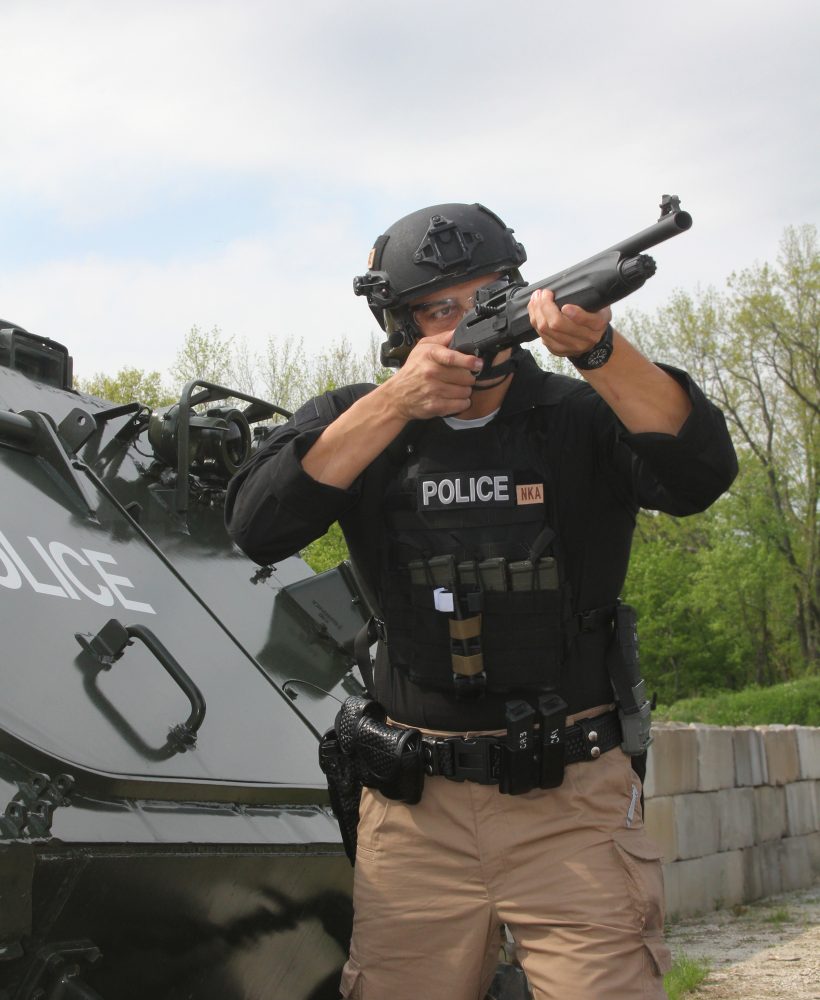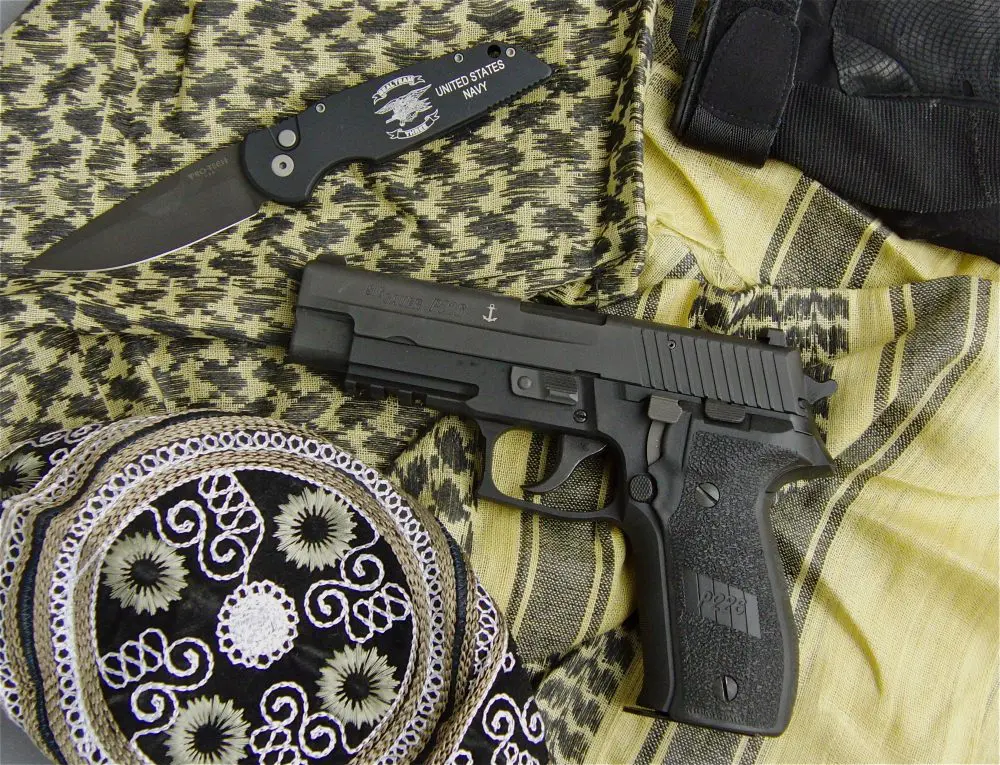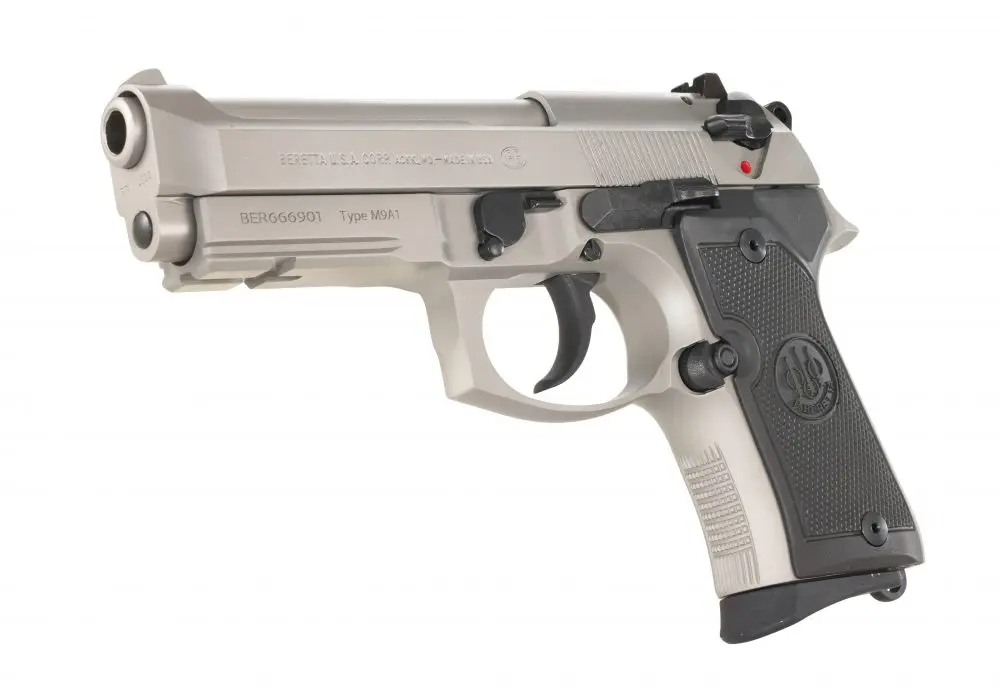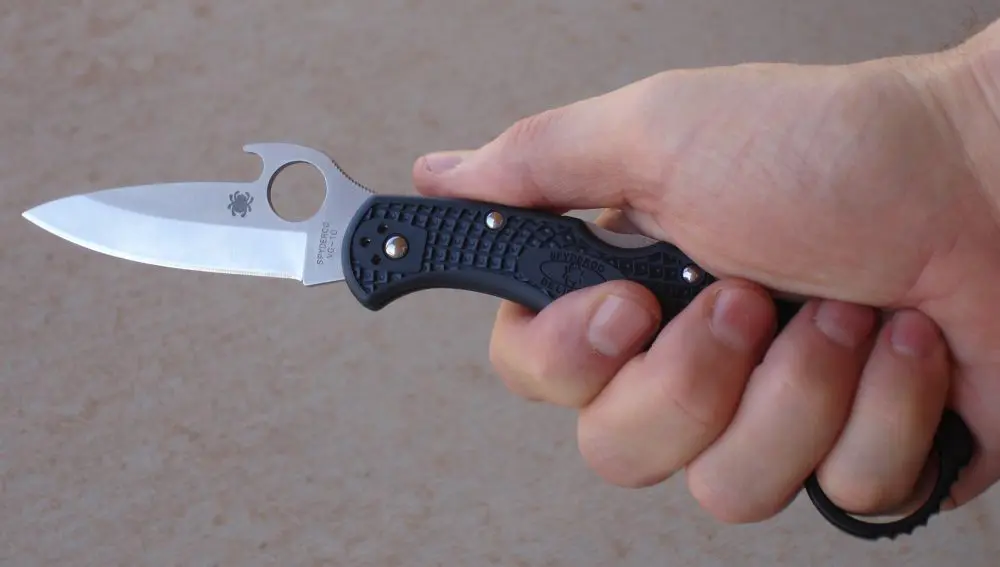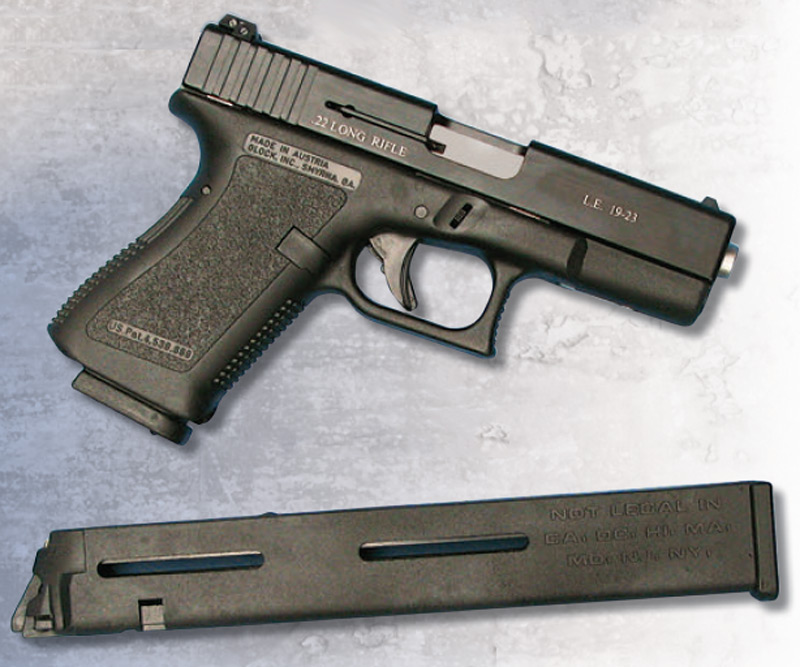
Several years ago, I obtained an Advantage Arms (AA) .22-caliber conversion kit for my Glock 17 (G17) pistol. It was a beautiful shooting accessory that aptly came in its own jewel-style case. It allowed me to continue shooting while recovering from a neck injury that required surgery.
Next to the G17, its younger and smaller sibling, the Glock 19 (G19) is probably the company’s most popular 9x19mm pistol. It is perfect for concealed carry as well as a duty pistol.
Recently, AA has added the G19/23 conversion kit to its 1911 and Glock sub-caliber lines.
Table of Contents
CONVERSION KITS
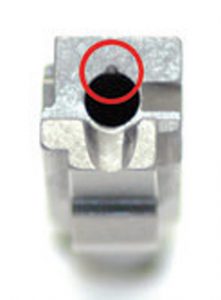
Ever since the ammunition shortage precipitated by military operations abroad and concurrent price increases— which like gasoline, continue to rise—there has been an explosion of conversion kits and dedicated reducedcaliber long and short rimfire replica firearms. It doesn’t take a rocket scientist to appreciate the difference in cost savings between .22 Long Rifle and centerfire ammunition.
Besides continued use of—and thus familiarity with—your actual carry or duty gun, cost savings can be more quickly realized with the less expensive conversion kits than with many of the dedicated weapons, such as those that imitate the AR-15 platform.
While shooting .22s significantly reduces weight, recoil and muzzle blast, it represents a step above dry firing if maintaining your defensive shooting skills is your motivation.
But for training purposes, sub-caliber conversion kits must be kept in proper context to avoid a false sense of proficiency. They will assist you in enhancing many aspects of shooting that are transferable to larger caliber duty weapons, but because of minimal recoil dwell between shots, they are not suitable for learning to control heavier recoil, tracking your sights while firing multiple rounds, fast multiple shots, delivery on targets, and drills that require rapid transitions from target to target.
Otherwise, they’re fun plinkers that can, in an emergency, function as a short-range defensive weapon, provided you place the round and/or saturate the threat with lots of BBs in the face and neck area.
SELF-DEFENSE
While on the subject of self-defense, it has been determined that penetration is the major factor influencing .22-caliber anti-personnel performances, and the solid round-nose bullet outclasses the hollow-point bullet here. In addition to better penetration, the solids have a tendency to yaw and travel sideways for a bit before coming to rest backwards in tissue. This terminal tendency increases the size of the permanent wound channel where it occurs.
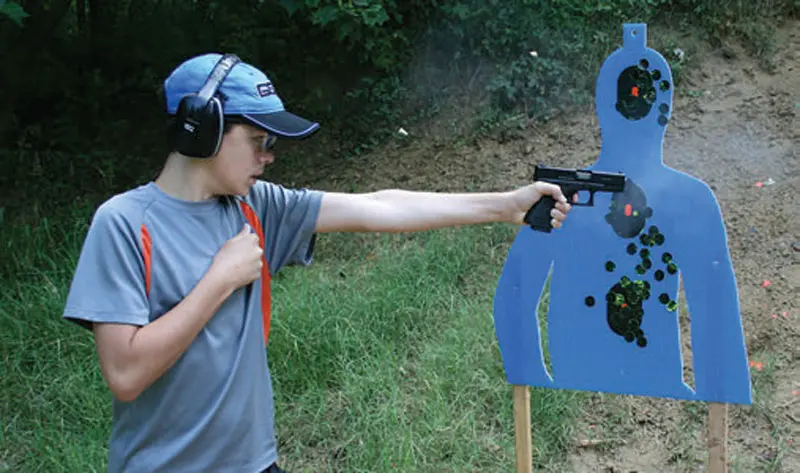
Although this caliber is generally not considered adequate for personal protection, it should be appreciated that both the Israeli Mossad and El Al air marshals have in the past employed .22-caliber pistols with lethal effect on wanted terrorists and aircraft hijackers.
QUALITY KIT
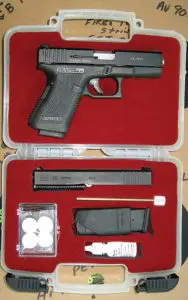
The G19 kit comes in a lockable padded plastic case and includes a manual, slide, barrel, recoil spring and guide rod, one ten-round magazine, a magazine loader, cleaning rod, patches, and oil. It is constructed of first-class materials and, with proper care and feeding, should outlive the shooter.
The aircraft aluminum slide is anodized per Mil-A-8625 with a matte black finish. All steel parts are heat treated with a black oxide finish. The four-inch barrel (G19: 4.05” bbl) is made of heat-treated 416 stainless steel with a 1:14 twist.
Like the Glock, the slide houses an internal firing pin safety that prevents unintended discharge if the gun is dropped. The slide is topped with removable Glock OEM sights, and the rear is fully adjustable for elevation and windage. Both front blade and rear notch have white highlights for faster acquisition. With proper ammunition, the slide will lock to the rear on the last shot fired. This is attributed to AA’s unique patented magazine design and heat-treated steel lock open insert.
I don’t like some manufacturers’ practice of supplying only one magazine with a pistol. Charge me for it, but in my opinion a pistol is not complete without a spare magazine.
Extended and threaded barrels are available through special order.
WEIGHT COMPARISONS
The 9x19mm G19 weighs 20.99 ounces. When the conversion kit is in place—which takes about ten seconds—the pistol sheds almost seven ounces. A G19 fully loaded with 16 rounds tugs on one’s belt at nearly 30 ounces. In contrast, the kit with eleven 40-grain Mini-Mag cartridges trims a little over 12 ounces from the ready pistol.
DOs AND DON’Ts
AA vehemently cautions potential customers that this product is not compatible with Generation Four Glocks, which require a specific kit designed for that pistol. There are also strong warnings to avoid certain brands and types of ammunition, such as Hyper Sonic/Hyper Velocity rounds, and recommendations by name of what works best in this conversion are listed.
Conversion kits are notoriously sensitive to the ammunition that they digest, and the AA line is no different. The pistol will function with some of the no–no ammo, but AA is primarily conAdvantage cerned that the very hot .22s could damage the aluminum slide and decrease longevity.
Some hollow-points (HP) are also frowned upon, but the kit loves Remington Golden HP Bullets and demonstrated its flexibility by eating up Aguila 60-grain SSS (Sniper SubSonic) fodder, which averaged a sloth-like 794 feet-per-second (fps). Forty-grain CCI Mini-Mags are also favored, but only in their solid lead round-nose configuration.
Although I used to dry fire my older G17 AA kit, owners are also cautioned to avoid that practice with the G19 conversion, because damage to the striker could occur.
To mitigate damage due to inadvertent dry firing, AA has cut a relief notch into the barrel’s breech at 12 o’clock to prevent the striker from impacting the chamber edge.
CORRECTABLE NEGATIVE
The only other problem I encountered with the kit was its inability to jettison the magazine quickly, but to me it was a big one. The problem resides with some of the OEM slide stops, and you may need to get a replacement from Glock to correct the problem. To facilitate speed reloads, the OEM slide stop “limiter” edge should be reduced in length so it does not touch the AA magazine. This should help, but older Glocks have by design always been reluctant to shuck their magazines. The AA magazine will even resist manual removal unless the slide is locked to the rear.
Right now, with my older G19, I have to shoot until it’s empty and at slide lock before I can dump the magazine. For me, this is a frustrating idiosyncrasy, because I want to practice speed and hot chamber mag changes with the .22 and don’t want to be inconvenienced by having to order a replacement part from the factory. Perhaps AA should alert the customer to this potential problem and offer the part as an option in its kit?
DISASSEMBLY
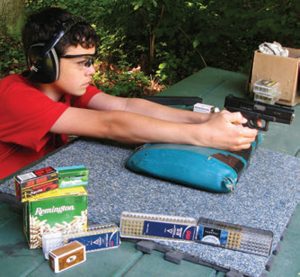
As mentioned earlier, assembly is a cinch, but disassembly can be more challenging. To remove the slide from your cleared, unloaded and decocked G19, you have to place the barrel’s muzzle on a hard surface and push it, not the slide, rearward while disengaging the Glock’s locking block. Ease up on the frame and remove the slide.
Removing the barrel for cleaning is similar to the Glock procedure, but reassembly has a unique idiosyncrasy. The AA ejector moves freely in and out of the slide. When returning the barrel to the slide, the barrel and the ejector have to be mated. A slot in the ejector has to be lined up with a vertical stud on the right side of the barrel’s breech. The barrel and ejector must move in concert to function properly.
TACK DRIVER
In spite of these negatives, I love the kit. It is 100%
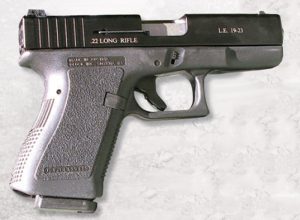
reliable with the recommended ammunition. But most of all, it curries my favor because its fixed barrel is a tack driver.
From a handheld rest at 15 yards, the best average five-round cluster of .68 inch was produced by CCI Green Tag (GT) ammunition. Although this is a standard velocity round, it functioned in the kit. Federal Game-Shok Copper Plated Solid (GS CPS) achieved highest velocity at 1,033 fps.
Because of the wide variety of ammunition available, fixed sights on .22-caliber handguns will not enable those firearms to fully live up to their accuracy potential. This is why AA has included more costly fully adjustable sights on its slide. And they really pay off once the shooter determines which round most complements his gun and best suits his requirements.
HIGH-CAPACITY EXTENDED MAGAZINE
Traditionally, .22-caliber pistol magazines were single stack and held nine to ten rounds. Lately however, higher capacity tubes have been showing up on the market. I have a 15-round .22-caliber magazine for my 1911 and it fits flush with the butt of the pistol.
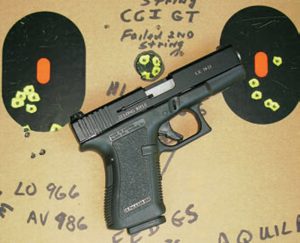
AA sent me a 29-round big stick that is still in the developmental stage. Other than for a .22-caliber version of the G18 machine pistol, AA admits that this is more of a novelty item. It worked fine with CCI Mini–Mags but choked a few times with Remington GB. The shooter can easily induce stoppages if the shooting- hand thumb contacts the slide. Even light pressure that may go unnoticed can interfere with slide reciprocation, so check your grip if you are experiencing problems with functioning.
Another problem that sometimes occurs after prolonged firing is build-up of lead and particles of powder in the chamber. Enough may accumulate to prevent full seating of the cartridge and cushion the blow of the striker, causing a misfire. While a 29-round magazine can be fun, I would rather see AA offer more practical 15- to 18-round sources.
SPEED SHOOTING
As anticipated, recoil is minimal and split times between pairs of shots at close range are only limited by the shooter’s ability to manipulate the trigger. Therefore, saturation shooting becomes a viable method of self-defense if one carries the double deuce for that purpose. My 13-year-old nephew shot some tight groups and did some oneand two-handed rapid-fire work just to demonstrate how easy this kit is to shoot. While not recommended for fending off large predators, its feather weight makes pouch, belt, waistband, or pocket carry practically unnoticeable.
CONCLUSIONS
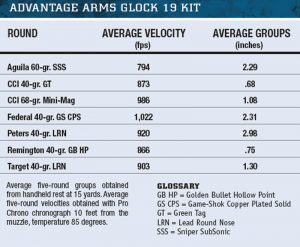
In today’s world, with possible chaos around the political corner, it makes a lot of sense to add a good .22-caliber rifle and pistol to one’s battery of firearms, along with an adequate supply of ammunition. It also pays practical and life-saving dividends to be able to practice frequently without breaking the bank even if you reload. A conversion kit satisfies those requirements without having to add another gun to the inventory. And simply put, firearms proficiency is a moral responsibility for every law-abiding gun owner.
Despite its idiosyncrasies, which are shared by other conversion kits, the Advantage Arms platform is extremely accurate and quite reliable. It also incorporates features not found on other kits.
Investing in an AA product is a wise decision and, in addition, can be just plain fun.
